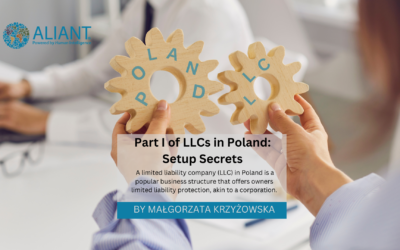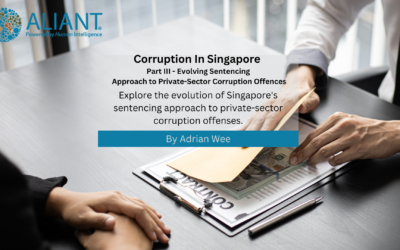After a long (European) legislative process, on July, 7 2020 the Registration Implementation Act was finally published in the Dutch Bulletin of Acts, Orders and Decrees. This law paves the way for the introduction of the so-called UBO register. As of September 27, 2020, many Dutch companies and other legal entities such as foundations are under certain circumstances required to register an ultimate beneficial owner. The idea behind the obligation to register this originates from the Dutch Anti-Money Laundering and Anti-Terrorist Financing Act and builds on it. The prevention of money laundering and the financing of terrorism is one of the main pillars in this respect. The aim is to make clear which persons are actually pulling the strings at companies operating in the Netherlands and Europe.
Who needs to be registered?
The obligation to register always relates to the natural person who can be regarded as the ultimate stakeholder of the company or legal entity. For some time there has been uncertainty as to who exactly can be regarded as the ultimate stakeholder. However, the Dutch legislator has now decided that the definition for this purpose is in line with the definition included in the Implementation Decree of the Dutch Anti-Money Laundering and Anti-Terrorist Financing Act. By way of illustration, in the case of a private limited company, the ultimate interested party will primarily be the natural person who holds more than 25% of the shares, voting rights or ownership interest in a company, regardless of whether this is held directly or indirectly. In addition, a person who otherwise owns or controls the company can be considered an ultimate beneficial owner regardless of the percentage of shares, voting rights or ownership interest. Only when these two definitions do not provide an ultimate beneficial owner, the senior management such as the statutory director will qualify to be classified as an ultimate beneficial owner.
What data is recorded?
The register should contain at least the following information about the ultimate beneficial owner:
- name;
- year and country of birth;
- nationality;
- country of residence;
- the nature and extent of the economic interest held in the entity by the ultimate beneficial owner.
Although not initially intended, certain data that will be recorded in the UBO register will be partly public and can be consulted by anyone at the Chamber of Commerce for a fee of only € 2,50. This applies to the above enumeration of data. Other data such as the BSN number and full address details are not public and are only intended for the competent authorities such as the investigative authorities.
The above disclosure of data initially raised the necessary questions regarding the privacy legislation of the GDPR. In particular, consideration was given to the registration that has to take place with organizations of denomination. Under the GDPR, data relating to religious beliefs fall into a special category of sensitive data. The registration of an ultimate stakeholder of a denomination will indicate a certain religious belief. Nevertheless, it was finally concluded that the UBO register is in accordance with the GDPR. The fact that it is not possible to search the register on the basis of the name of a person will undoubtedly have played a role in this. Instead, the search function is limited to the name of the company.
Consequences for legal entities
As of September 27, 2020, a legal entity has 18 months to ensure that the relevant ultimate beneficial owner of that entity is registered. The Chamber of Commerce will write to existing entities and request them to proceed with registration. If after an audit by the Chamber of Commerce it appears that a registration has not taken place in accordance with the legal requirements, this can be reported to the Bureau of Economic Enforcement. This may be followed by administrative and criminal sanctions.
Entities that are established after September 27, 2020 must at the time of registration make clear who the ultimate beneficial owner is. If this is not done, the entity will not be able to be registered.
Any questions?
Do you have questions about this blog and the UBO register? Feel free to contact attorney Arsen Mukuchian.
This blog was originally posted here on Wolfs Advocaten’s website, the Aliant® member firm in the Netherlands.
FOLLOW US ON LINKEDIN
SEE MORE ALIANT INSIGHTS




